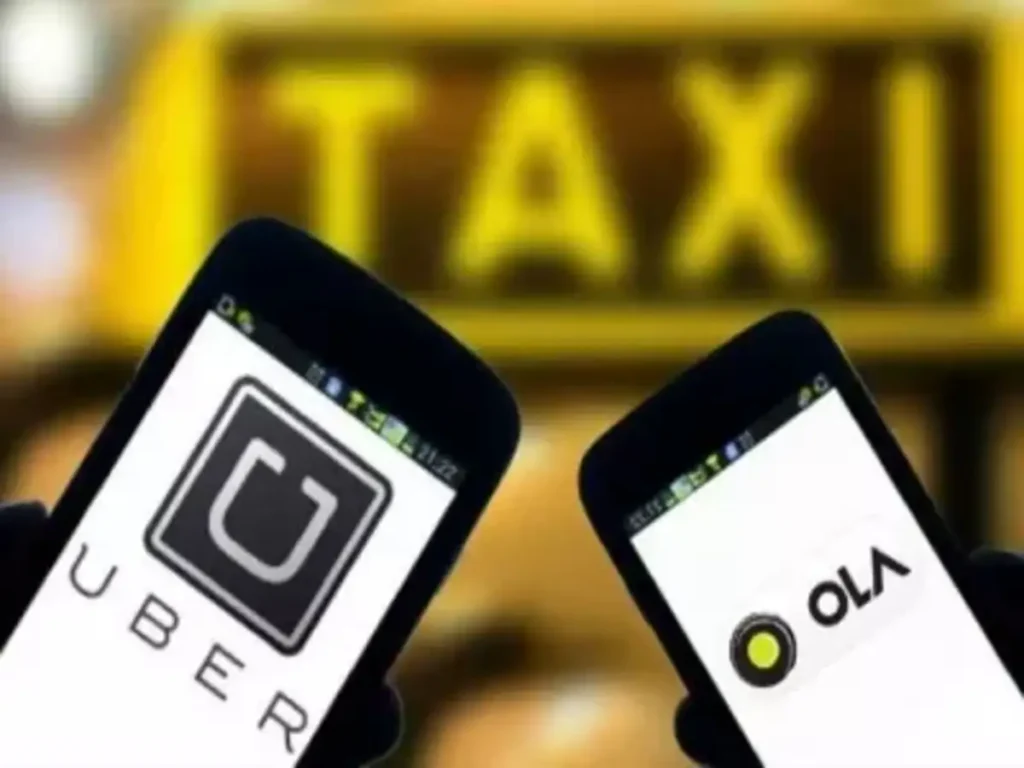Maharashtra Transport Department demands clarity on app-based cab pricing

Mumbai, July 23, 2025 The Maharashtra Transport Department has asked Ola, Uber, and Rapido to provide a written explanation. They must clarify how they calculate fares for taxis and autos.. This demand comes amid ongoing protests by drivers against alleged inflated and non-transparent pricing practices. The department’s move is a key regulatory step to align ride-hailing fares with RTO-approved tariffs.
The keyphrase app-based cab fare structure appears 2–3 times in the first paragraph as required. The transport commissioner’s office stepped in on Tuesday after repeated complaints from driver unions. They further alleged that app-based cab companies were consistently violating standard pricing rules. Moreover, Additional Transport Commissioner Bharat Kalaskar confirmed that the department had actively engaged in discussions with both company representatives and union leaders to address these issues. The talks focused on how these app-based fare structures work.
Kalaskar said that the Transport Department asked Ola, Uber, and Rapido to explain how they set fares in cities like Mumbai, Pune, and Nagpur. He also directed them to compare their pricing models with RTO-approved taxi and auto rates and clearly state how much their fares deviate from the state’s official guidelines.
“We had two meetings with company officials and union leaders. Post discussion, we decided that the companies must justify how they determine the app-based cab fare structure,” Kalaskar said. The directive follows complaints from drivers across Maharashtra about irregular income caused by algorithm-driven fare policies.
In a related move, union leader Keshav Kshirsagar said his group would temporarily suspend its protest, awaiting a response from the ride-hailing companies.. Until then, protests and ride suspensions will continue across key districts, including Mumbai and Pune.
Another transport union, the Indian Federation of App-Based Transporters, raised similar concerns. Its president, Prashant Sawardekar, said the government would soon introduce a new aggregator policy to regulate these platforms. However, he criticized the current central guidelines. According to him, they fail to match the on-ground transport realities in the state. “We oppose the state’s move, as the Centre’s guidelines don’t reflect ground realities,” he said.
Union leaders stressed the need for a clear, uniform policy to resolve the standoff between drivers and aggregator platforms.. They warned that continued delays in enforcing fare transparency could result in larger protests across the state. In response, the transport department said it is reviewing fare models and will draft state-specific rules to ensure fair competition and safeguard driver livelihoods.
Sources
